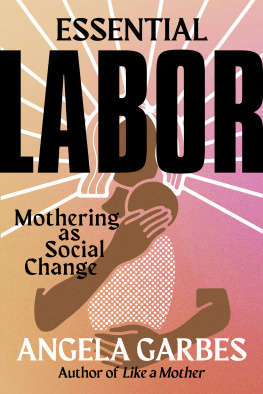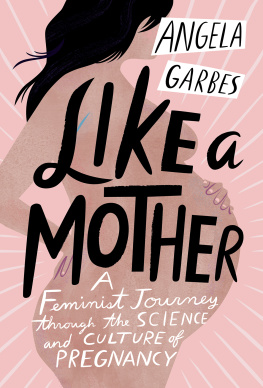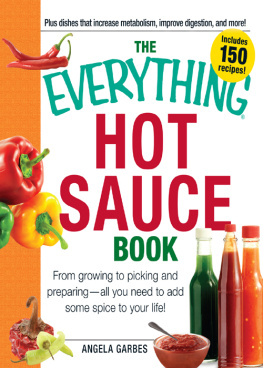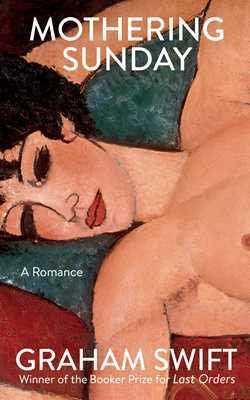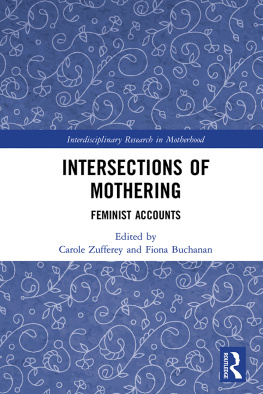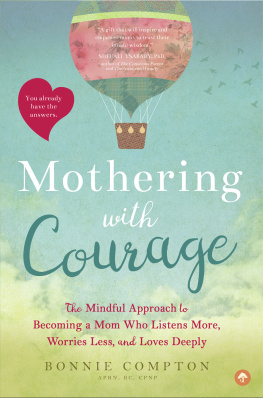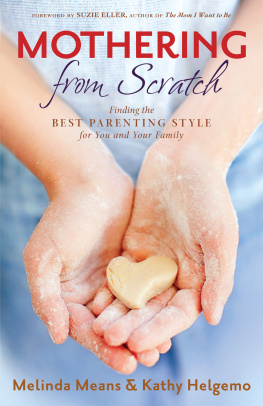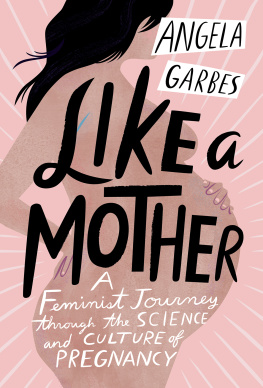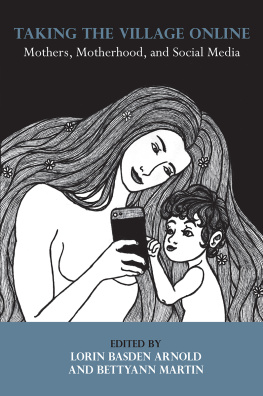For all my siblings in diasporic feels
I am trying to invent a new way of moving under my dress: the room squares off against this
C. D. Wright
Contents
WHEN ASKED TO DESCRIBE MY mother Ive often said, Shes a natural-born caretaker. It wasnt an answer I thought about deeply; it was simply that every story I heard about her, everything I observed in my childhood, made it clear. As a girl growing up in Mandaluyong, one of sixteen cities that make up the crowded Metro Manila area, she found a frail chick in the courtyard of her familys house. The bird was small and bedraggled, its feathers dirty, and it had trouble walking. She vowed to nurse it back to healthfeeding, stroking, and tucking it into her bed at night. Eventually, the bird recovered, and she decided to keep it as her pet. One morning she woke to find it lifeless. She was devastated when she realized that, deep in sleep, she had rolled over and suffocated her beloved bird.
This early tragedy didnt deter my mother from pursuing a career caring for others. Nursing was a relatively new but flourishing career option for Pinay women in the 1960s, and she decided to become a registered nurse, training at Philippine General Hospital before immigrating to the United States. For the majority of her career in America she worked as a hospice nurse, driving to peoples homes to care for them during their last stages of life. By the time she met her patients, death was imminent. She administered medications, bathed them, drew blood, communicated with doctors, rotated bodies to provide relief from bedsores, and sat with loved ones. She often worked thirteen-hour days and grew intimately close to these families. To this day, she receives Christmas cards from some of the people she served.
I experienced the power of her caregiving as her child, but also as someone who saw what she did in the world, how much other people appreciated her. At times, she told me recently, she felt more valued by her patients families than her own. Shame flooded my system as she said it, because I know that in my youth I barely acknowledged the labor she put into our family.
It took being pregnant with my first child to start considering the care I took for granted. How had I felt but never really understood the roughness of my mothers hands, callused and cracked from so much hand and dish washing? How did she raise three children while working full-time? How had I forgotten, until I found myself doing it, the way she slapped her cheeks with one hand, the other on the steering wheel, to stay awake while driving? One of the luxuries of my childhood was to remain oblivious to all the work that went into raising me.
My parents wanted to protect their children from having to think about the complexities of the world, particularly its cruelties. Each fluent in two or more languages, they chose to raise me to speak only English. It wasnt until I was a teenager, pushing the issue, that my father finally admitted their decision wasnt based on my unwillingness to learn Tagalog, as he had once claimed, but instead his refusal to subject his children to the discrimination he endured because of his accent. I sometimes feel they did me a disservice by not passing the language on to me. Whatever anger I feel, though, is abated by my own guilt over never having mastered Tagalog. Of speaking better Spanish, which I learned in high school, than our native tongue.
I heard Tagalog spoken every day; Ive never believed English should be the language everyone in America speaks. Ive loved Filipino food since I was a child, only ever wanted to eat more, try more, to understand its roots and ingredientsfrom China, Spain, Mexico. Ive been obsessed with being able to identify Filipinx people wherever I go, priding myself on just being able to look at thema bridgeless nose, a point with the lips, a certain wideness of the cheeksand intuiting that they are one of my people. I honed these skills during a childhood spent searching faces and names, desperate to find anyone like me.
I was curious about who I waswho I really was. I was hungry, desirous of my Filipina identity. More so, it seemed, than my two older brothers. Ive been collecting clues and mining information all my life: from recipes, immigration stories, books, figuring out who the men on Philippine pesosNinoy Aquino, Emilio Aguinaldowere, piecing together a trail of crumbs.
At times, my parents were reticent to answer my questions. Now, as we get older, information flows more easily. Now, I ask more questions. I take the time to really listen. In turn, they begin to be open to what I have to say, the history Ive found in books and in conversations with other first-generation Filipinx Americans. We can all see our story as part of a larger one, one that is sometimes painful, one that sometimes threatens to erase their individual triumphs. Were no longer talking at or through each other. Finally, we are in conversation.
MY PARENTS MIGRATED TO THE United States in 1971, just after earning their nursing and medical degrees at the University of the Philippines. Eventually they settled in rural central Pennsylvania, where my brothers and I grew up. Our small town was almost entirely white. Each fall, the first day of deer hunting season meant we got the day off from school.
The first thing I knew about my fathers life outside of our home was that he takes care of dead peopleor at least this is what a slightly dismayed preschool teacher relayed to my parents the day I shared the information at circle time. My father, more accurately, is a pathologist who performed the occasional autopsy, dissecting a body to discern what caused a persons death. In reality he spent most of his days peering through a microscope, searching thin glass slides smeared with tissue samples for cell irregularities, diagnosing disease. I wanted to be able to look at things the way he did, see the hidden things that only he saw. Though they didnt capture my childhood imagination the way cadavers did, I thought the slides were beautiful, stained gradations of pink and purple unfurling like nebulae in space.
My parents worked hard. They were both good at their jobs. They quickly ascended from new immigrants with very little to homeowners with savings. In many ways, we were a typical middle-class American family. My parents could afford to send us to a private Catholic elementary school. They were thrifty; I remember regular trips to a store called the Cannery, where my mom bought dented cans of generic brand soup. But we lacked nothing. We ate dinner together every night, mostly Filipino food like sinigang and adobo, but also stir-fries and Old El Paso hard-shell tacos (my favorite). Despite the outward signs of success, I saw how their adaptability, even their exceptionalism, couldnt protect them from small, lancing indignities such as being condescended to socially and professionally, having their accents mocked, their competency questioned, and their food looked at askance. For as long as I can remember, though we never spoke of it, I was aware that we existed outside of things: respectable but always on the edge of acceptance.
As the poet Cathy Park Hong writes, one characteristic of racism is that children are treated like adults and adults are treated like children.... To grow up Asian in America is to witness the humiliation of authority figures like your parents.
As a child I didnt have the capacity to name what my parents experienced as racism, but I can instantly recall the confusion it caused me. I was embarrassed both by and for them, how they werent able to hide the alien parts of themselves, how they made me foreign and weird by association. I was angry that they could be degraded so easily, often by people who I understood to be common, basic, uninteresting. I wanted to defend them as much as I wanted to hide and disappear. Mostly, I wanted to translate the world we lived in for them: tell them how to get by unnoticed, explain to white people that they were normal, smart, and funny.

